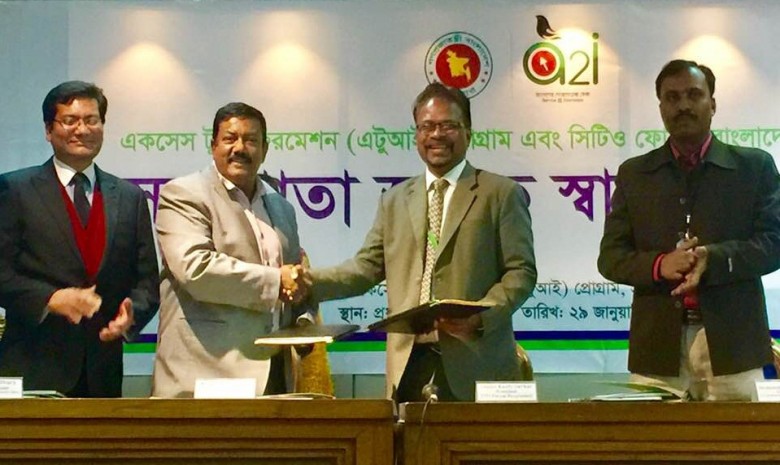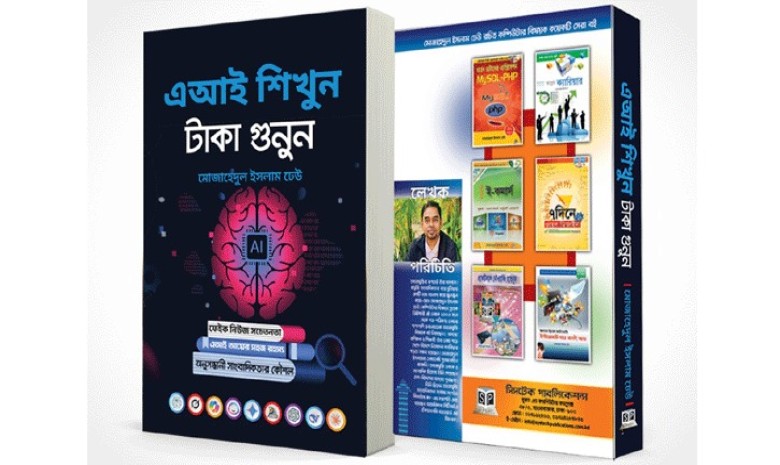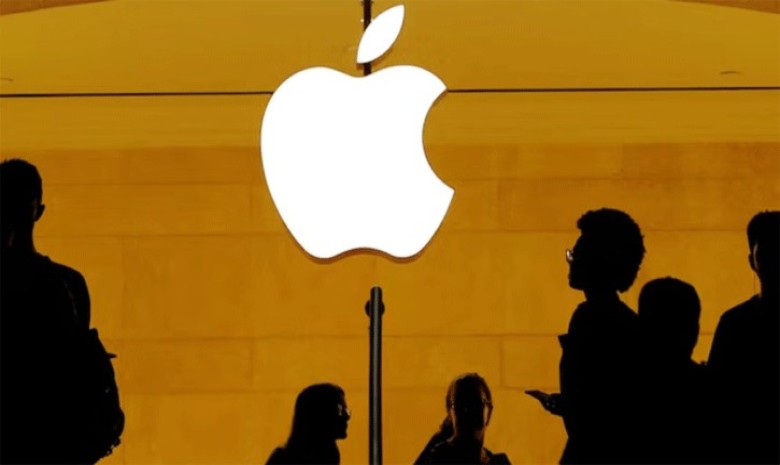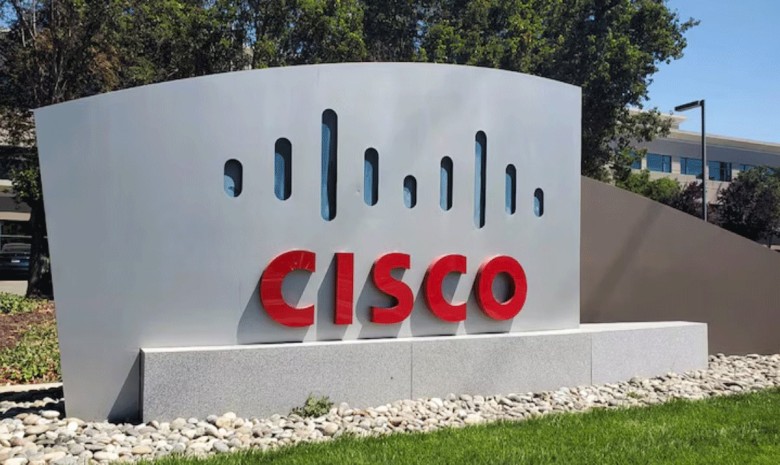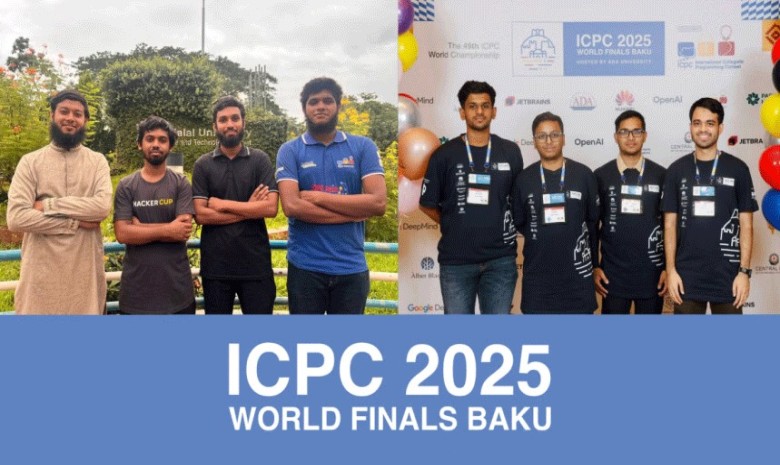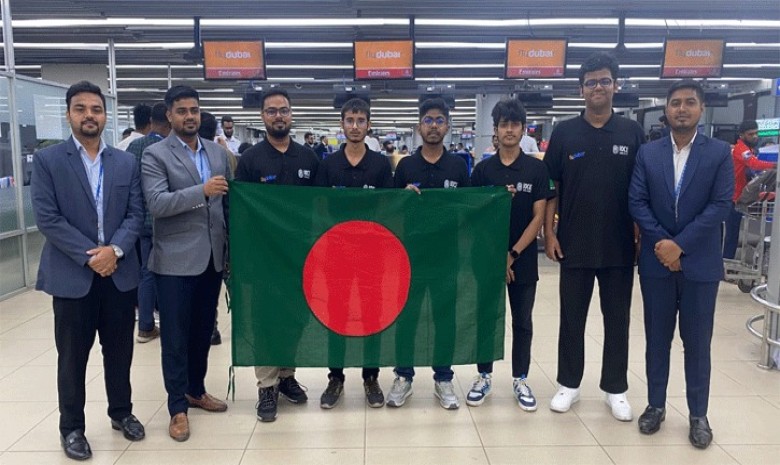Masrur Arefin, Managing Director of The City Bank, sent a letter to Bangladesh Bank in March. Although the letter was issued with the governor’s knowledge, he remains unaware of it.
Commenting on the matter, Chairman of the National Board of Revenue (NBR) Md Abdur Rahman Khan said that there are countless such letters at NBR to which timely responses cannot be given.
Referring to the City Bank managing director’s statement about not receiving any response for more than five months after sending a letter seeking Bangladesh Bank's approval to provide microloans, he said this situation persists.
The NBR chairman was speaking at the ‘Cashless Bangladesh Summit 2025’ hosted by the Institute of Cost and Management Accountants of Bangladesh (ICMAB) at Hotel Sonargaon on Wednesday (August 27).
He said that the biggest issue is that their functions have not been digitized. As a result, they cannot track how long a particular letter has been pending. Due to such bureaucracy, the right tasks are often not completed at the right time. He added that while others have succeeded in doing the right things, “we are falling behind because we cannot.”
He said it is often claimed that earlier information was available, but now it is not. This, he argued, means that the data is not being produced properly, and therefore it is not being shared. Comparing the issue to beheading someone to treat a headache, he said that if this continues, achieving a cashless society would be impossible. The matter, he insisted, must be viewed in a broader context.
Stressing that it is the government that will benefit from a cashless society through increased revenue, the NBR chairman said the leakage in revenue collection would be eliminated. He assured that all necessary incentives for the transition to a cashless economy would be provided.
He stated that several initiatives were introduced in the current budget. Listed companies conducting 100% of their transactions through banking channels would be granted a special 2.5% tax rebate. In addition, companies newly meeting a threshold of 50% or more (or less) of non-material expenses would be eligible for incentives or face penalties.
The NBR chairman also noted that they are receiving good responses in terms of online income tax return submissions. In the previous period, approximately 400,000 returns were submitted online. Last year, nearly 1.7 million returns were submitted online. As of today this year, 415,000 returns have been filed.
Mentioning that efforts are being made to encourage online tax filing, he said that four types of relaxations have been introduced for submitting online tax returns. Among them is income tax return submission by expatriates. While there is an OTP function for overseas tax return filing, efforts are being made to use email instead of OTP to eliminate difficulties faced by expatriates in this process.
Stressing the importance of mobile smartphones for digitization, he said that smartphone prices need to be reduced. In response to a question about what role the NBR could play in this regard, the chairman said that full revenue is not realised from imported phones, and there is no proper control over them. Consumers are also often deceived in various ways. Especially those involved in local mobile phone manufacturing are the most adversely affected. He said there is no control in this area. Phones should be activated based on IMEI, determining which can and cannot be used. This would prevent unauthorised phones from flooding the market and would encourage local manufacturers.
He added that they expect the software to be ready within the next few months. Once launched, they will be able to tell local manufacturers that taxes on domestically produced mobile phones can be reduced. They will also consider whether VAT can be zero-rated.
Bangladesh Bank Governor Dr Ahsan H. Mansur was the chief guest at the event. In the opening discussion, Dr M Masrur Reaz, Chairman and CEO of Policy Exchange Bangladesh, presented the keynote paper on the role of fintech in building a cashless economy.
The panel discussion featured Md Sharafat Ullah Khan, Director of the Payment Systems Department of Bangladesh Bank; Syed Mahbubur Rahman, Managing Director and CEO of Mutual Trust Bank PLC; Ali Ahmed, Chief Commercial Officer of bKash Limited; Zakia Sultana, Director of Mastercard Bangladesh; and Adnan Imtiaz Halim, Founder of Sheba Platform.
In the final session of the summit, Dr Debapriya Bhattacharya, Distinguished Fellow at CPD, presented a keynote paper titled “Regulatory Reforms and Policy Roadmap for a Cashless Bangladesh.” The panel discussion included Dr Md Khairuzzaman Mozumder, Secretary of the Finance Division, Ministry of Finance; Md Abdur Rahman Khan, Secretary of the Internal Resources Division (IRD) and Chairman of the National Board of Revenue (NBR); Dr Md Habibur Rahman, Deputy Governor of Bangladesh Bank; Masrur Arefin, Managing Director and CEO of The City Bank PLC; and Anita Ghazi Rahman, Founder and Managing Partner of The Legal Circle.
Total views: 1005



